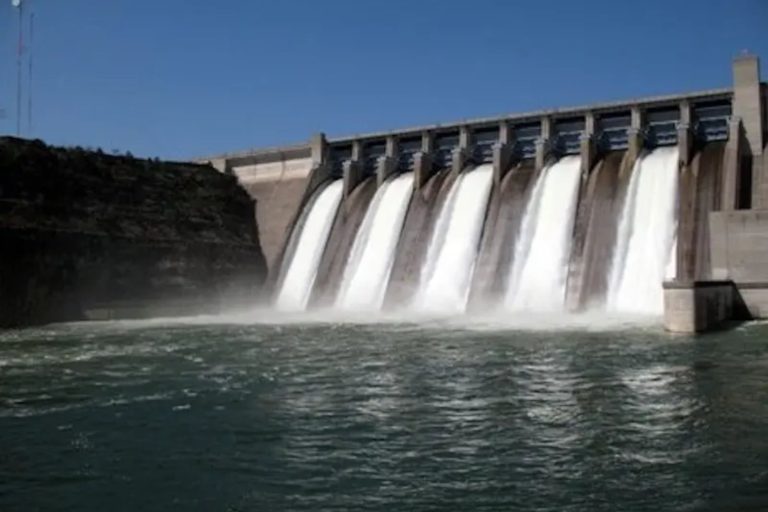The Federal Government has planned to construct more dams to ensure adequate supply of potable water and support irrigation purposes across the country.
The Managing Director, Lower Niger River Basin Development Authority, LNRBDA, Kwara State, Adeniyi Saheed Aremu, made this disclosure on Thursday in Ilorin.
Aremu made the revelation at the 42nd Media Parliament of Kwara State Council of Nigeria Union of Journalists, NUJ, in Ilorin, the state capital.
At the event themed “Ending Perennial Acute Water Shortage in Our Society,” Aremu said the resolve to build additional water dams was in line with the deliverables and priorities of President Bola Tinubu-led administration.
He explained that the water facilities, when constructed, would be made available for different usage of the people as enunciated in the key performance index of the present government.
“As part of the presidential deliverables and priorities of this present government, we have it as our focus to construct as many dams as possible, and to have irrigation facilities so that water will be available for several uses. And that is one of the key performance indexes, which President Bola Ahmed Tinubu has rolled out.
“So, everywhere, we try as much as possible to get water available. Where we cannot have hand pumps, we try to have solar or motorized boreholes. In fact, we have even changed our tanks to plastic tanks for longevity of usage”, Aremu said.
The LNRBDA Managing Director, who said that the authority under his watch has rehabilitated a number of water works to assist the state governments, noted that the raw water in Asa-Dam can serve residents of Ilorin.
He added that the authority had opted to provide a solar system alongside new water facilities it built in communities to mitigate the effects of residents’ inability to afford diesel or petroleum to power their generators for water supply.
In his remarks, the state Chairman of NUJ, Abdullateef Ahmed, bemoaned the difficulties people experience daily in search of potable water.
Ahmed also lamented that many residents trek long distances before they could have access to clean and safe water.
